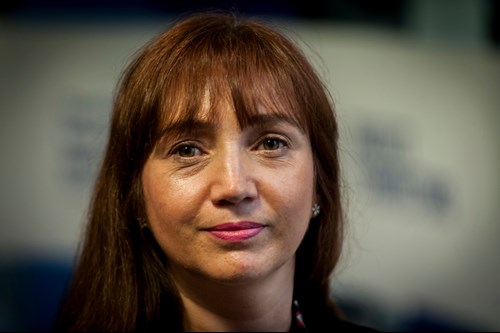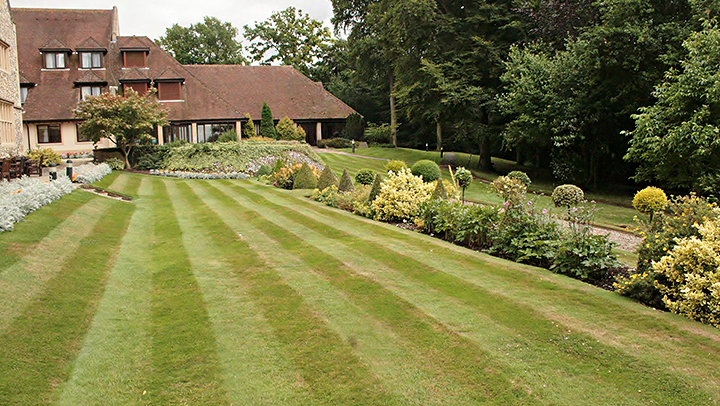Chair Mel Warnes gives her view on the Gender Pay Gap in Surrey Police
29 March 2018

From the end of March, it becomes an expectation that every public body in England and Wales will publish the pay gap between what men and women are earning.
In Policing, the gender pay gap has progressed with it now standing between 8-15%, compared to a national average of 18%.
In the most report released by Surrey Police, the gender pay gap between male and female Officers stood at a 5.8% difference, in favour of men.
Mel Warnes, Chair of Surrey Police Federation, recently took to BBC Radio Surrey to share why there was still a gender pay gap within the force, and how they plan to tackle it going forward.
She said: “Policing has a structured pay scale and officers are paid the same hourly rate depending on rank and length of service.
“There are more males than females in Surrey Police and therefore the average gender pay, and middle value of pay is in favour of males.”
Mel explains that in Surrey, the gender gap between bonus payments stands at 6.3% in favour of males.
She adds:“Most Bonuses are paid to firearms and detective officers. However, the bonus to firearms officers is £2,000 per annum, whereas for a detective it's £850 per annum plus a further £500 if you work within a public protection role. In Surrey there are only two female firearms officers.
“Bonuses are also paid pro rata, and with more female officers likely to be part time than males, this also goes towards the percentage difference in bonuses.
Going forward, Mel says her force are making the right steps in reducing this pay gap further.
She continues: “There must be more encouragement for females to join traditionally male dominated roles.
“Surrey Police have signed up to the He For She campaign, with one aspect of this being to achieve gender parity in leadership roles by 2020. In Surrey we have previously had a female Chief Constable and I can only hope Surrey can achieve more females in senior roles.
“There are differences in the way men and women balance their careers with having children. There can be a limit to a female's career progression with some roles involving unsociable hours which can conflict with family commitments.
“However, with the help of the He For She campaign, we will be introducing more mentoring and coaching schemes, with more visible female role models in the hope of meeting our goals.”
You can catch up on Mel’s interview on Radio Surrey here: https://www.bbc.co.uk/programmes/p060ctfy#play

















